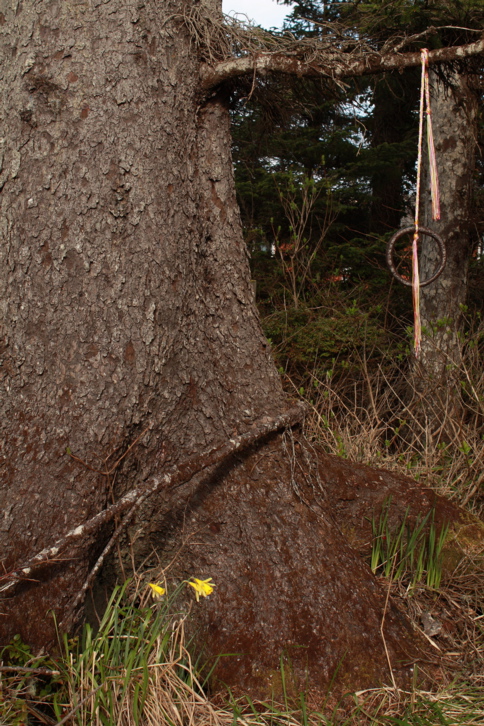Then it disappeared from cultural radar, and I seldom thought about it again. In the intervening years I became a monk, and The Truman Show became a completely different film.
The premise is simple enough: a production company builds a giant set, peoples it with actors and advertisers, and drops in a real baby. Hidden cameras then broadcast Truman Burbank's entire life, public and "private", and the resulting 24-hour soap opera becomes the highest-rated show on the planet. The prescience is eerie; reality TV at that time was still limited to MTV space-fillers, watched mainly by high school kids.
Imagine. Just thirteen years ago, the notion of mass media dominated by voyeurism was still dystopian.
When we come in, Truman is a twenty-something insurance agent, raised on a steady diet of fear: fear of the new, fear of risk, fear of the unknown. The news juxtaposes reports of distant tragedies with glowing accounts of the seamless perfection of Seahaven, Truman's island fishbowl. (American friends encouraged not to read too deeply into this.)
But the kid isn't happy. Sure, he smiles a lot. He's cheerful, funny, upbeat. But something's wrong. For one thing, Klieg lights occasionally crash to the sidewalk, almost killing him. And the media's explanation ("airplanes") only works if you want it to.
And the more insistently our hero questions all of this, the more desperately – even violently – he's smacked back into place.
Director Peter Weir's genius starts in the casting. I'm not an unreserved fan of Jim Carrey's trademark burlesque, but his Truman is so understated, so believable as a good-hearted schlemiel surrounded by users, that he quite won me over. He's just eccentric enough to be real – seekers are eccentric.
Ed Harris similarly nails Truman's "God," the intense, soft-spoken, beret-ed and bespectacled TV producer Christof. Self-important artistes are not Harris' stock in trade, but his grasp of this one is almost creepy. And Natascha McElhone, in a small but pivotal role, does one of the best jobs of playing an actual woman I've seen in a long time.
Like the main character in The Matrix, a film more deeply ingrained in the cultural zeitgeist, Truman is driven to confront a reality that is, if not exactly illusion, at least bowdlerised and rationalised to the point of absurdity. The great strength of Truman is that it delves into the process of coming to that epiphany, and the courage required to step beyond it.
In short, The Truman Show is great companionship for those of us who have been there, one that will keep you mulling and meditating its metaphors for months. (Not bad, eh? I just made that up.) Whether it will mean anything to others, I can't say, but at minimum it's a Feast of Good: good writing, good acting, and good directing.














